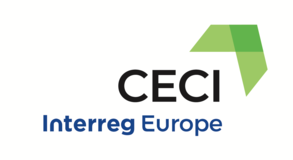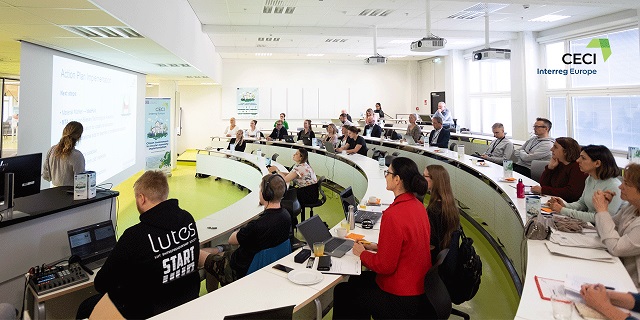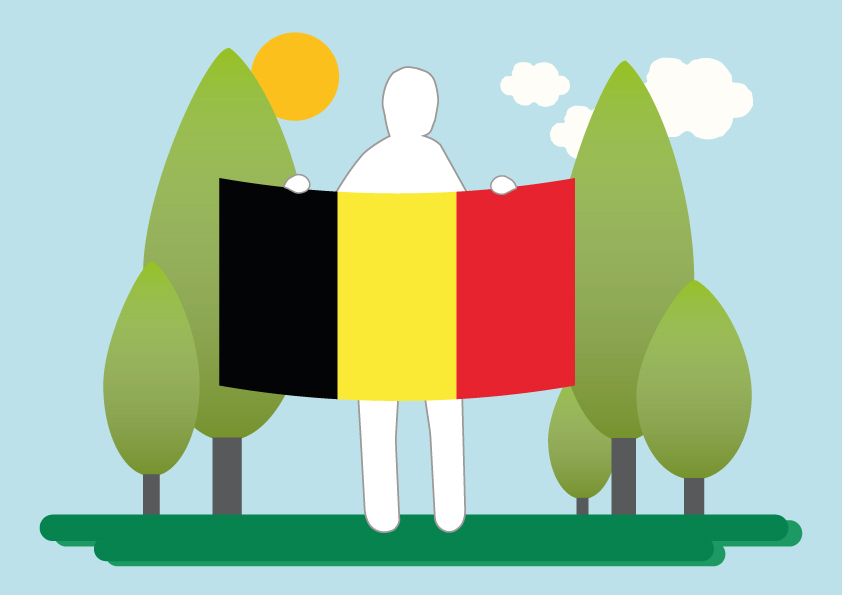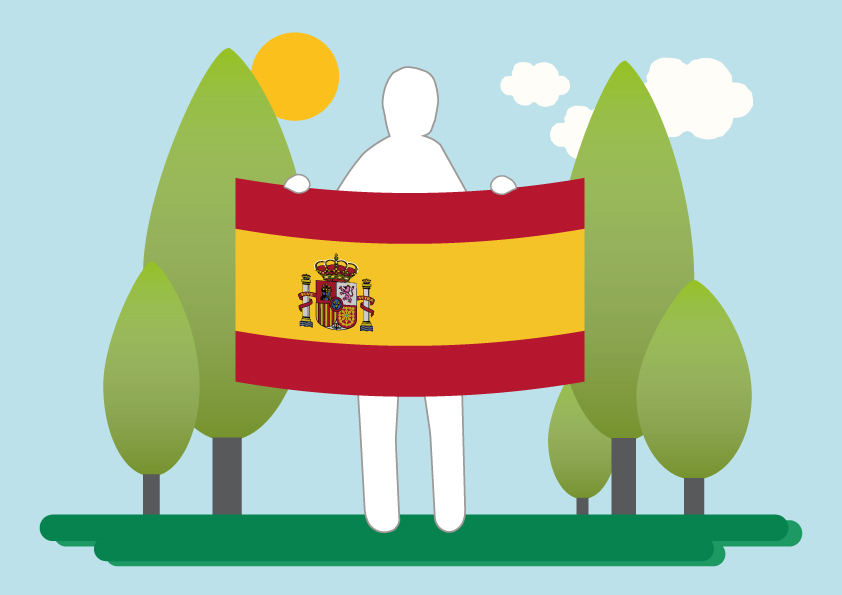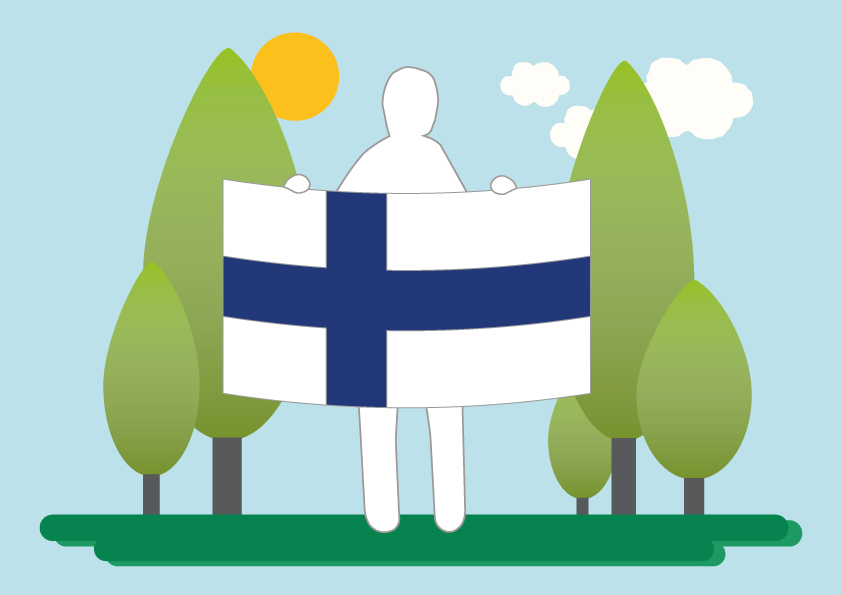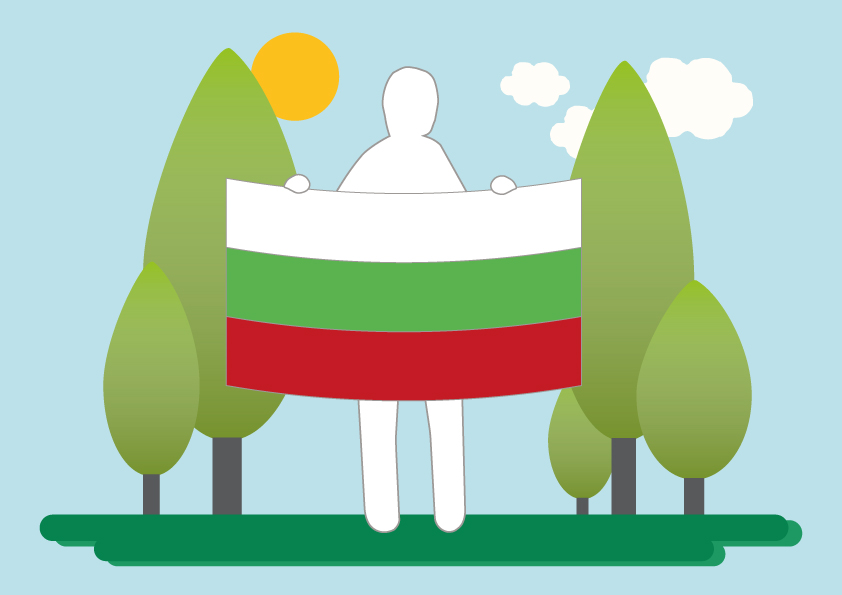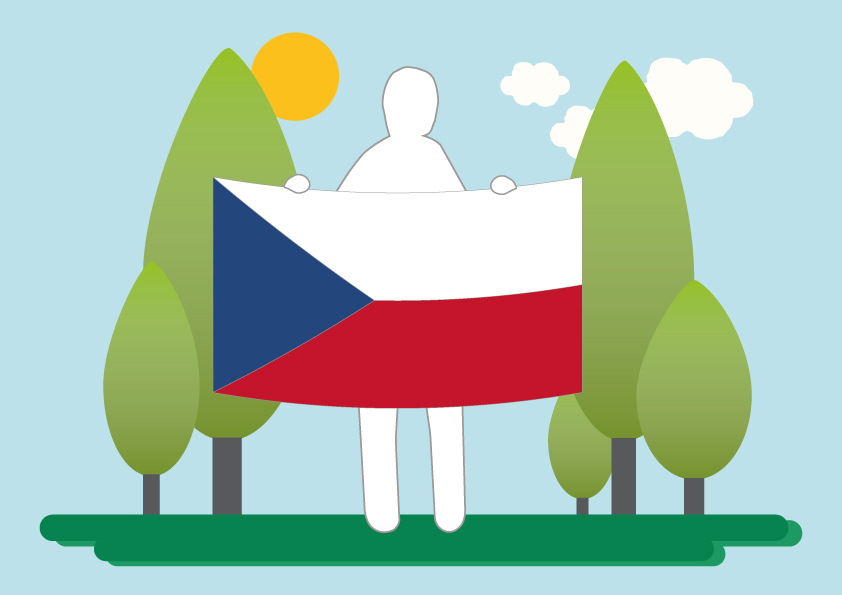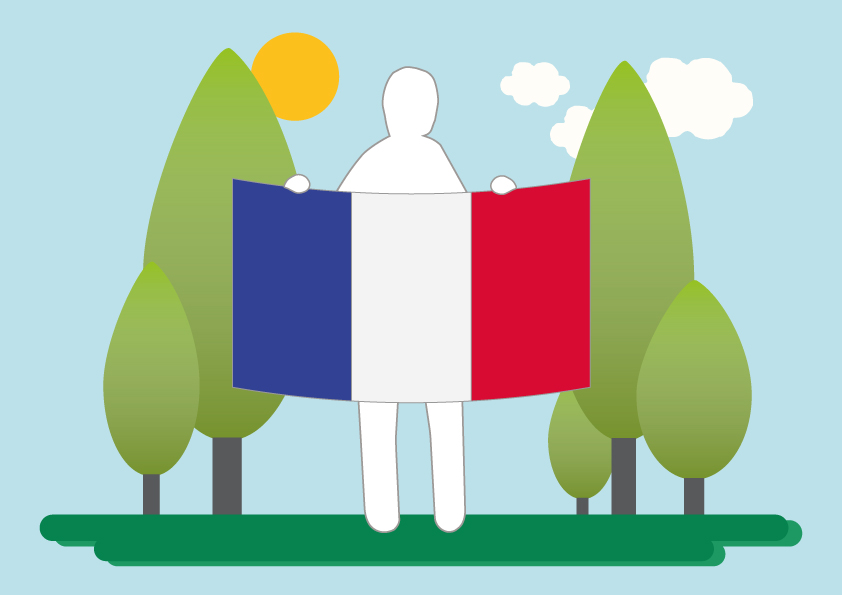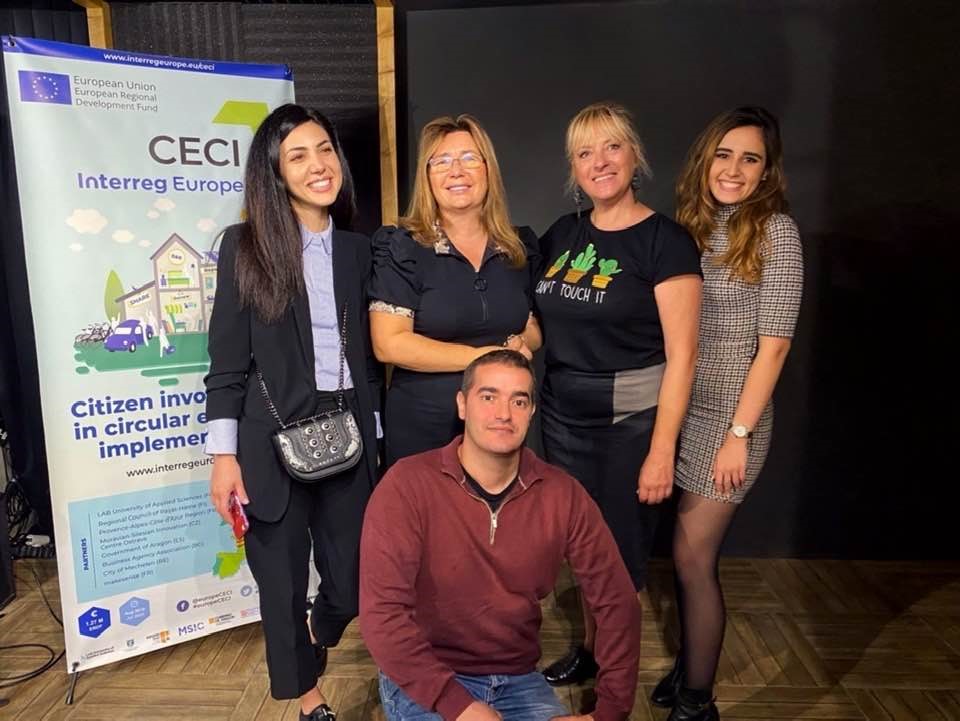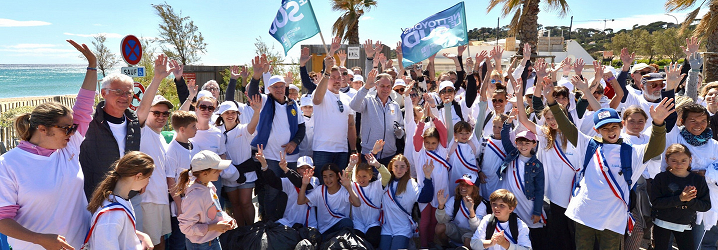FOODSAVERS Mechelen: the first step towards a regional strategy to avoid wasted food?
While tons of food are wasted each year, more and more people in Flanders cannot secure their food. Foodsavers Mechelen collects and redistributes food surpluses from supermarkets and auction while providing social employment in a food distribution centre.
 Source: Foodsavers
Source: Foodsavers
Together with residents during COVID-19 lockdown
During the COVID-19 lockdown, many social organisations couldn’t distribute food any longer. At the same time, more and more people couldn’t secure their food and support was much needed. Foodsavers took over from social organisations as much as possible to help people in need. Additional to the existing channels such as supermarkets and auctions, even residents and companies could supply food by making donations which Foodsavers then distributed to people in need.
Only good quality food
Foodsavers only collects good quality food, mainly fresh vegetables, fruit, meat and dairy, which has not exceeded the expiration date, but which cannot be sold any longer. Sometimes, dry food and other supplies are collected too.

Source: Foodsavers
Foodsavers makes sure that each organisation is getting the specific food they need, so food doesn’t end up in the garbage at the end of the value chain. The organisations in their turn distribute free food to their public or prepare cheap meals for their target audience.
Since the start of the project in 2020, food surpluses are distributed to 15 social organisations in Mechelen and public social welfare centres of two neighbouring municipalities (Putte and Bornem). The food distribution is operated by Ecoso vzw, a social economy enterprise which is running the second-hand shops in the region (Kringwinkels) and is partner of the city in this project.
Towards a regional food recovery strategy?
The aim is to expand the working area of Foodsavers Mechelen within the region, from 15 organisations to many more. In order to increase the chance of success and lifespan of the project, it is necessary to engage as many regional partners as possible, to set up a platform which reaches as many people as possible.
Collaboration between various (wasted) food collecting initiatives thus needs to be strengthened, which requires (financial) responsibility of regional governments besides the local governments. Simultaneously, the project wants to explore wasted food revenue models, to generate income next to the current funding from grants, so the distribution centre can run in the long term.
Funding
The Interreg 2 Seas programme FLAVOUR (food Surplus and Labour, the Valorisation of Underused Resources) provides 60% funding for a full-time project employee for three years. Furthermore, it provides for an external operator who is running the distribution centre, and investments needed for start-up. In total, this amounts to 606.420 euro. The project Flavour runs from 23 November 2018 until 30 September 2022.
Additionally, the city of Mechelen gets funding from the Flemish government and the province of Antwerp.

Source: Foodsavers
